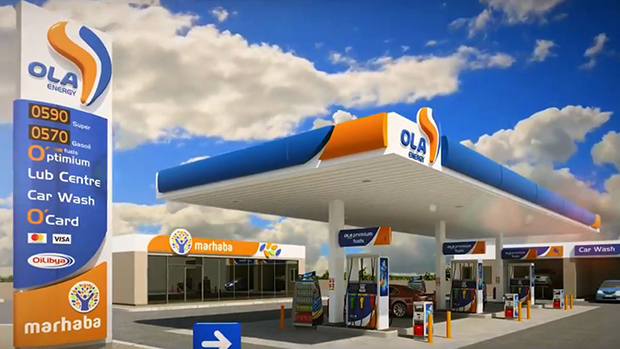Ola Energy Kenya Ltd has lost its appeal to overturn a ruling by the National Environmental Tribunal (NET) that canceled the Environmental Impact Assessment (EIA) license for the proposed expansion of its marine terminal in Shimanzi, Mombasa. The Environment and Land Court (ELC) upheld the NET’s decision, emphasizing the necessity of comprehensive public participation in such projects.
Justice Nelly Matheka, presiding over the case, stated that while there may be no intrinsic issue with expanding the Liquefied Petroleum Gas (LPG) marine terminal, the involvement of residents and Non-Governmental Organizations (NGOs) in the decision-making process is crucial. The court found conflicting reports regarding how public consultations were conducted, ultimately siding with the NET’s assertion that public participation was inadequately managed.
Justice Matheka directed that future public consultations be properly documented, potentially through video recordings, to ensure transparency. “The court appreciates the appellant’s initiative in engaging a multi-agency team before the grant of the EIA license, but it is apparent that the people on the ground were not satisfied with the Environmental Social Impact Assessment (ESIA) report,” ruled Justice Matheka.
The decision to reject Ola Energy’s appeal was influenced by a recent incident involving an LPG plant explosion in Embakasi, which highlighted the potential risks associated with such facilities. Although the circumstances differed, the judge applied the precautionary principle, underscoring the importance of safety and community involvement in environmental decisions.
Furthermore, Justice Matheka noted that Ola Energy had not addressed concerns raised by a human rights lobby group regarding the proximity of the proposed expansion to the neighboring community. The NET had previously criticized the ESIA for starting from a predetermined conclusion that the project was safe and low risk, rather than reaching that conclusion through objective analysis.
The National Environment Management Authority (Nema) was also found to have erred in granting the EIA license without a thorough and objective ESIA study. The tribunal ruled that the potential environmental and social impacts of the project were not adequately addressed, particularly considering the project’s proximity to the navigation channel leading to Kilindini Port.
Ola Energy argued that the project aligned with the government’s goal of promoting clean, safe, and sustainable energy sources and that all relevant stakeholders’ concerns were considered. However, the court found that the residents’ and community groups’ input was insufficiently integrated into the decision-making process.


















